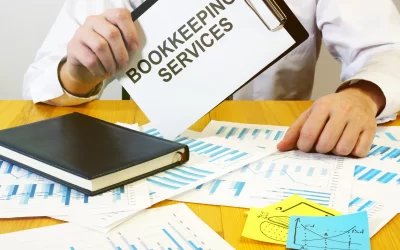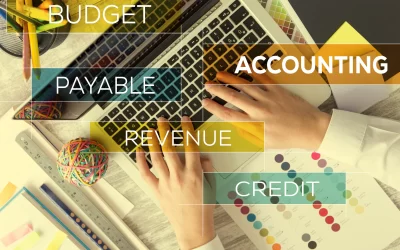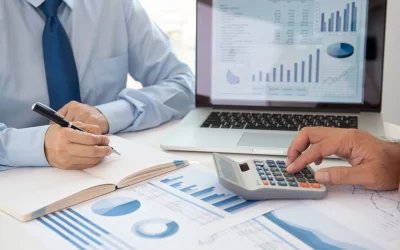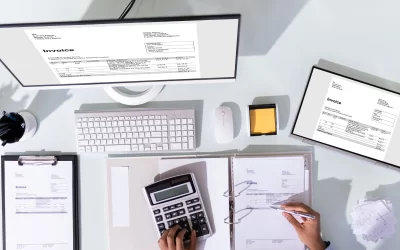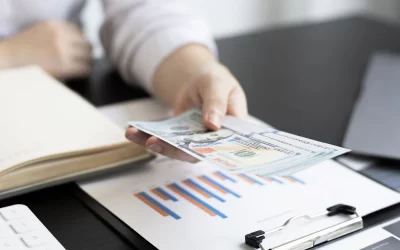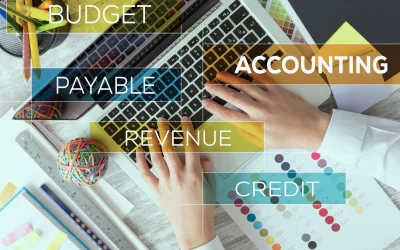How to Get the Most Out of Your Tax Refund
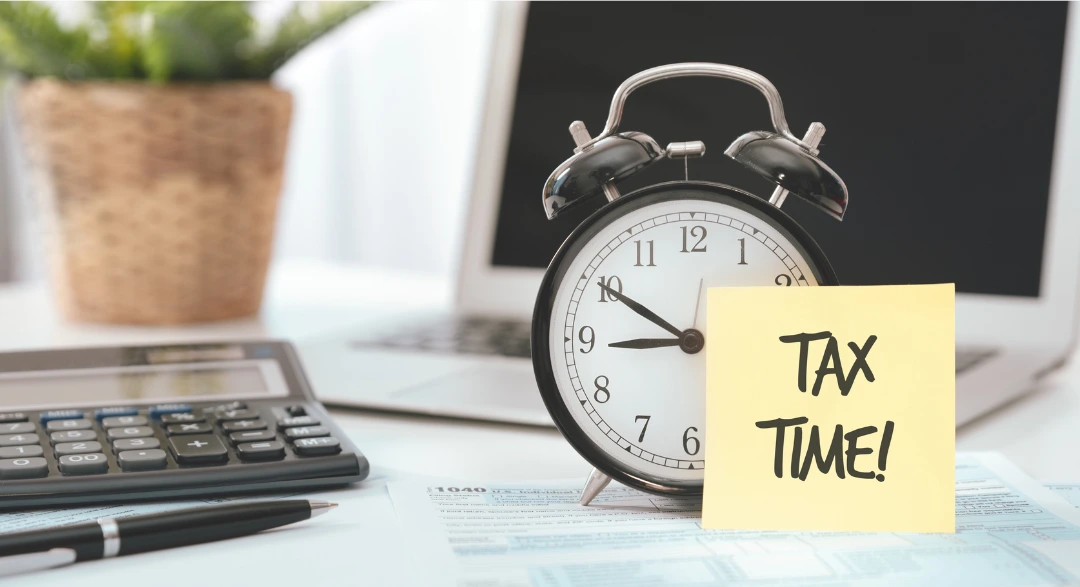
Receiving a tax refund can feel like a financial windfall, but how you use it can make a big difference in your financial future. Instead of spending it all at once, it’s important to have a plan for making the most of your refund. Whether you want to save, invest, or pay down debt, here are some smart ways to use your tax refund wisely.

1. Pay Down High-Interest Debt
One of the best things you can do with your tax refund is to pay off high-interest debt, such as credit cards, personal loans, or payday loans. The interest on these debts can add quickly, and eliminating or reducing them can free up more of your income for other financial goals. By paying off debt, you can improve your credit score and reduce financial stress.
2. Build or Boost Your Emergency Fund
Unexpected expenses can come up at any time, whether it’s a medical bill, car repair, or job loss. Having an emergency fund with 3-6 months of living expenses is a financial safety net. If you don’t already have an emergency fund, consider using your tax refund to start one. If you already have some savings, boosting it can give you greater peace of mind.
3. Invest in Retirement
It’s never too early or too late to invest in your future. Contributing your tax refund to a retirement account, such as an IRA (Individual Retirement Account) or your 401(k), can help your money grow over time. These accounts offer tax advantages that can maximize your refund’s impact. Even a modest contribution can compound and lead to significant savings for your future.
4. Invest in Yourself
Using your tax refund to invest in education, certifications, or professional development can pay off in the long term. By enhancing your skills, you could increase your earning potential and open new career opportunities. You might also consider using the money for fitness, health, or other areas of personal growth, which can improve your overall well-being.
5. Make a Home Improvement
If you own a home, using your tax refund for repairs or improvements can increase its value and make it more comfortable. Focus on upgrades that offer a good return on investment, such as energy-efficient appliances, roof repairs, or bathroom and kitchen updates. Even small improvements can increase the appeal and efficiency of your home.
6. Save for a Big Purchase or Vacation
If you’ve been eyeing a major purchase, such as a car, new furniture, or a family vacation, your tax refund can help you reach that goal without relying on credit or financing. Just be sure to prioritize essential financial needs first, such as paying down debt or building savings, before indulging in discretionary spending.
7. Start or Grow Your Investment Portfolio
If you’re comfortable with taking on some risk, you could use your tax refund to start or grow an investment portfolio. Investing in stocks, bonds, mutual funds, or real estate can help grow your wealth over time. If you’re new to investing, consider consulting a financial advisor or using a robo-advisor to help guide your choices and ensure your investments align with your goals.
8. Support Your Children’s Education
If you have children, consider using your tax refund to contribute to a 529 plan or other college savings accounts. These accounts grow tax-free and can be used for qualified educational expenses. By starting early, you can take advantage of compound interest to help cover the rising costs of higher education.
9. Give Back
If you’re in a good financial position, consider using part of your tax refund to give back to your community. Whether it’s donating to a charity, supporting a cause you care about, or even helping out a family member in need, giving back can provide a sense of purpose and fulfillment. Plus, donations to qualified charities are often tax-deductible, which can help you in the future.
10. Plan for Next Year’s Taxes
If you received a large tax refund this year, you might be overpaying your taxes throughout the year. Consider adjusting your withholdings so that more of your paycheck comes to you upfront, rather than as a lump sum at tax time. This will give you more cash flow throughout the year to manage your budget effectively.
Conclusion
Your tax refund presents a valuable opportunity to strengthen your financial situation. Whether you decide to pay down debt, invest in your future, or save for a rainy day, the key is to be intentional with how you use it. By making thoughtful decisions now, you can make the most of your refund and set yourself up for long-term financial success.
